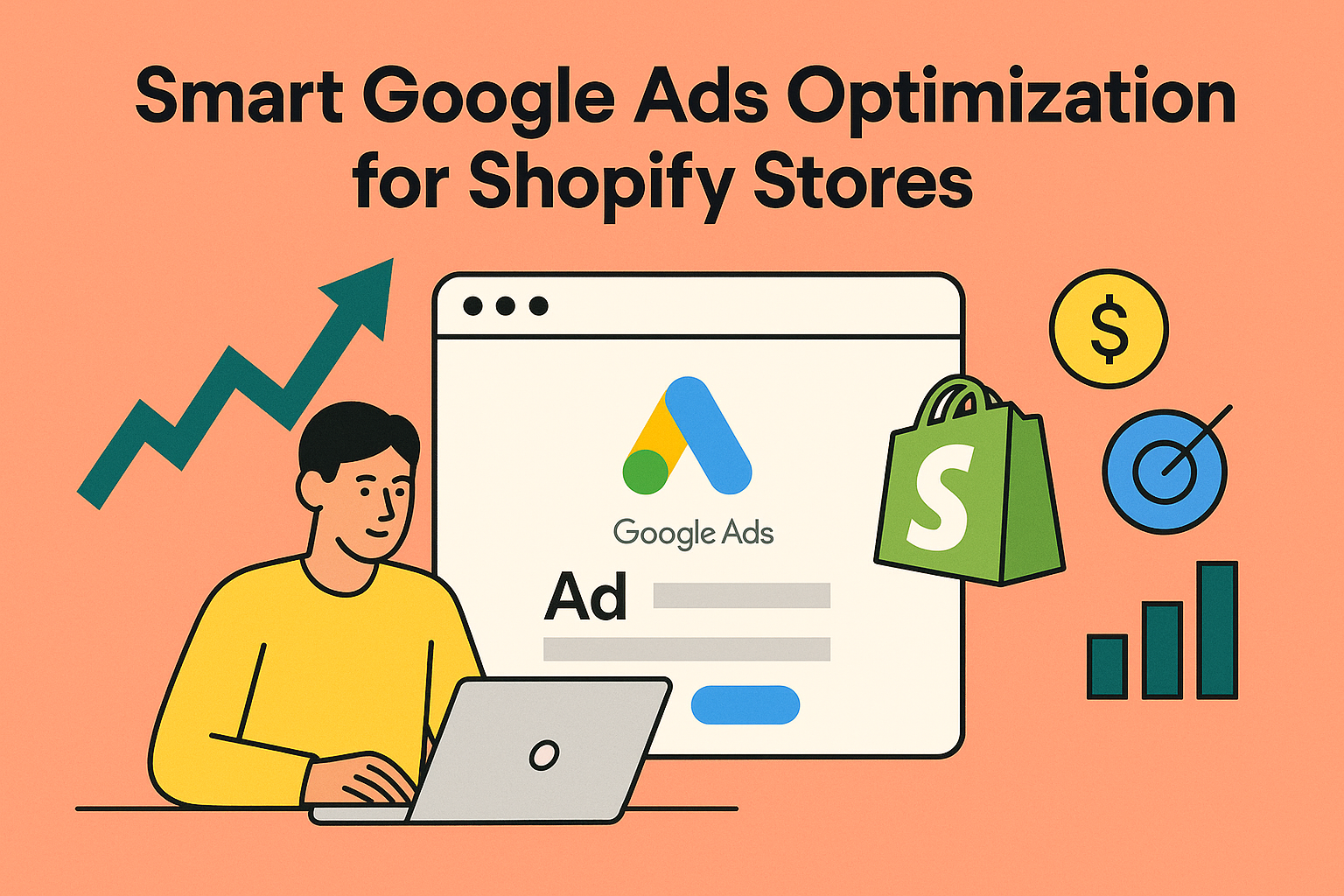As a digital marketing agency with over two decades of experience, we’ve seen the evolution of the Pay-Per-Click (PPC) industry, including its challenges. One such challenge that continues to plague the industry is click fraud.
In 2019, advertisers lost $42 billion (~9.2%) of the $455 billion spent on online advertising to ad fraud, according to Juniper Research. The Wall Street Journal reported that 28% of all web traffic likely comes from non-human bots. Despite the scale of this issue, it remains difficult to detect due to the increasingly sophisticated techniques employed by fraudsters.
Click fraud is a deceptive practice where the total number of ad clicks or views are artificially inflated for financial gain. This can be done using robots or low-wage workers who repeatedly click on ads, causing advertisers to pay for these fraudulent clicks as if they were genuine.
There are several types of click fraud, including:
-
Click Farms: Groups of individuals are hired to click on ads throughout the day, giving the impression that each click is from a different user and device.
-
Location Fraud: The geographic location of ads is spoofed using a Virtual Private Network (VPN), making ads appear to be shown in a targeted location.
- Pixel Stuffing: Ads or entire websites are loaded inside a 1×1 pixel, making them invisible to the human eye.
-
Click Bots: Web bots are used to click on ads repeatedly. These bots can be simple programs or large operations installed with malware on user devices.
-
Video Viewing Fraud: The popularity of video channels is faked to appear more appealing to advertisers, who end up paying based on inflated view counts.
- Source Spoofing: The data detailing where an advertisement ran is altered to appear as a more trustworthy publisher or mobile app.
-
Ad Stacking: Multiple ads are stacked on top of each other, with only the top ad visible. Advertisers are charged for all ads, even those that aren’t viewable.
-
Affiliate Ad Fraud: Fraudsters manipulate the cookies on a user’s device to wrongly credit an associated affiliate as the source of purchase.
-
Domain Spoofing: The domain name is changed to falsely appear as if the ad came from a more reputable site.
A recent survey by Fraud Blocker, a click fraud protection software, revealed that 70% of PPC managers were somewhat or very concerned about ad fraud. More experienced marketers were found to be more concerned about fraud, likely due to their ability to identify it more frequently.
The survey also found that 74% of respondents experienced more than five percent of fraud in their ad campaigns, with an alarming 11% experiencing greater than 25% of fraud. These figures highlight the significant impact of click fraud on campaign performance and budgets.
While click bots were historically the most common type of fraud, the survey showed that “ad stacking” and fraudulent URL sources are now the most prevalent issues for PPC managers.
To combat click fraud, marketers can follow best practices to identify bots, monitor data from clicks, views, and leads to find irregularities and adjust campaigns accordingly. They can also use anti-fraud services provided by ad networks like Google Ads, although these services can sometimes lack transparency.
When working with our client accounts, small or large, we ALWAYS employ click fraud detection software and monitor ongoing trends.
For example, in June 2023, we saw an average of 9.7% of fraudulent clicks on our client accounts. The highest client fraud detected on Google Ads was a whopping 17.7%, saving our client over $6,000 in just one month!
Overall PPC fraud stats for our client accounts in June 2023
- Clean Traffic (66.9%)
- Suspicious Traffic (17.3%)
- Invalid Traffic (15.8%)
In conclusion, click fraud remains a significant concern in the PPC industry. As we move forward, we believe implementing click fraud protection for our client accounts is as important as wearing a seatbelt while driving. Most of the time you think it’s unnecessary, but the risk adds up significantly – and fast. But instead of costing you your life, you’ll overspend budgets which may end up costing you your job…
If you would like to discuss click fraud and how to prevent it, please drop us a note.


